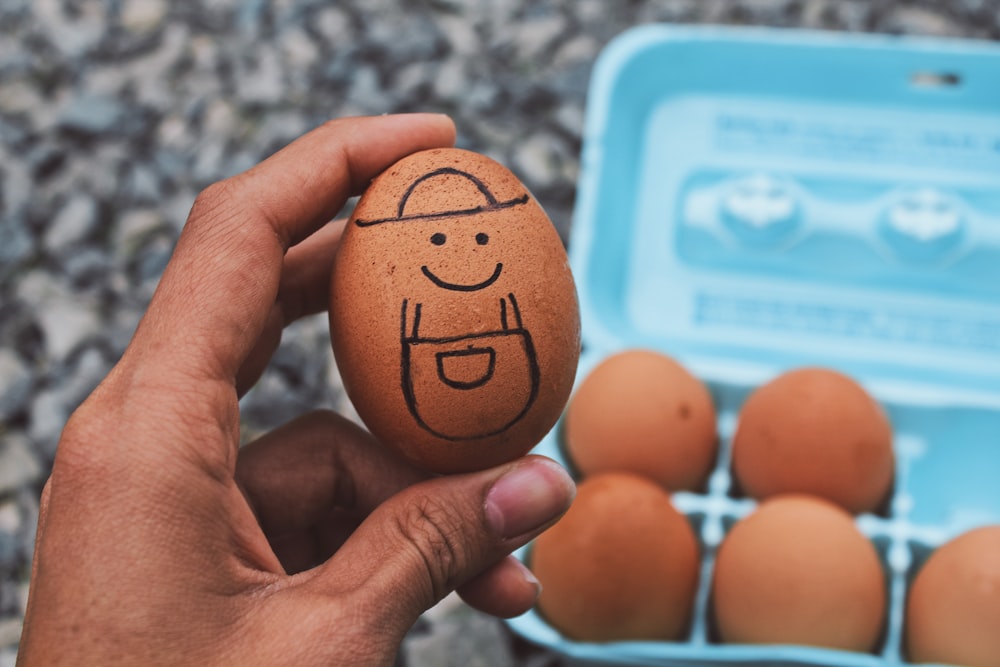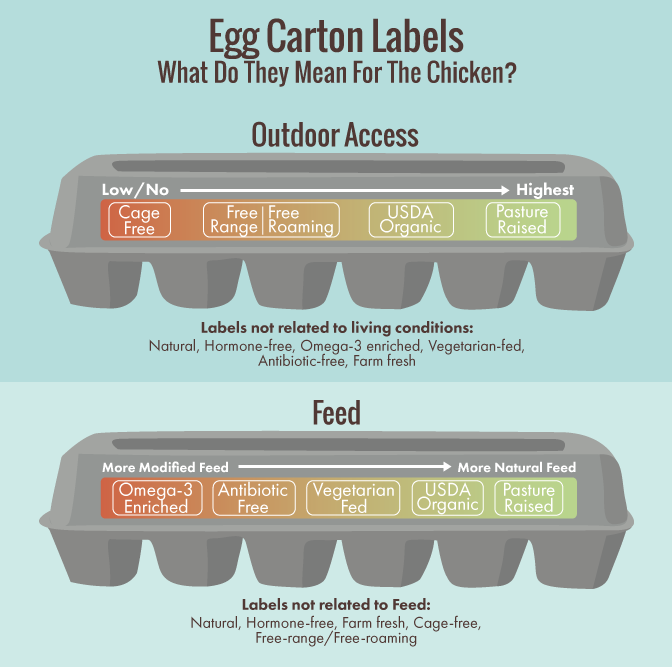The first ingredient we would like to kickstart this series with is - *drum roll*- eggs! Marupo’s journey began with egg tarts, and they continue to be our most popular food item. We take pride in this all-time favorite menu item, not only for its delicious taste, but also for the mindful process we put in in selecting the ingredients we use.
In this post, we will cover:
Where we source our eggs from
How we select our eggs
Types of eggs
A final note on labels
🥚Where we do we get our eggs from?
Currently, we source our eggs from Old Brick Farm and Grazing Fields, which are local Michigan-based farmers. As an independent local business ourselves too, we want to contribute to the Michigan food ecosystem and existing support network that connects local farmers and independent businesses to the wider community.
We also decided on these farms, not only because they are local, but also because of how the chickens were raised in the process. Apart from the size and color, eggs can differ based on the way in which the chickens were raised, which is usually indicated by various labels and descriptions on egg cartons.
🥚How do we select what eggs to use?
Where possible we try to follow our three mantras:
Go local whenever possible! The shorter distance the eggs have to travel, the fresher they are and the cheaper they should be due to reduced transport costs.
Happy chickens! 🐔 Try to go for pasture-raised eggs, free-range eggs and / or certified humane eggs (more on this shortly!)
Know your suppliers! Where possible, we chat with the local farmers and tour their facilities to better understand their operations. Seeing is believing, and more often than not, there are other considerations/details that you can only appreciate by meeting your supplier in person and getting a feel for their passion/insights
🥚Types of eggs
Typically, there are four types: caged, cage-free, free range and pasture-raised.
The difference between these labels is the amount of space each chicken has, the type of feed, and also access to the outdoors.
Source: Eggsposing Eggs (FIX)
Pasture-raised hens have access to the outdoors everyday from day to night, and have at least 108 square feet of pasture to happily run around in. Whilst they have some natural feed, 30 to 50% of their diet comes from natural foraging, in other words, whatever they manage to find in the grass and dirt, be it worms and bugs.
Free-range hens on the other hand, do not have as much outdoor access compared to their pasture-raised sisters, and also have less space. Their diet is mostly corn-based as well. Meanwhile, cage-free and caged chickens have no access to the outdoors, and are packed in a very small space with less than 1 square foot per chicken.
Because of this difference in diet and physical exercise, you will notice that the yolks of eggs from healthy chickens are typically richer and darker in color than those of miserable chickens! According to a study, pasture-raised eggs are healthier in nutrients with “twice as much omega-3 fat, three times more vitamin D, four times more vitamin E and seven times more beta-carotene than eggs from hens raised on traditional feed!”
Not only so, based on our experiments, we find scrambled eggs hold better, and they seem more flavorful when we use eggs from healthy chickens (*yum!*) 😋
Source: Everything you need to know about eggs (Youtube video)
In short, happy hens means happy eggs, which means happy egg tarts and happy you! 😊
🥚Postscript
One thing to note though is that these definitions and labels are generic, and the specifics for qualification can constantly change.
In order to introduce more legal uniform standards, there are various comprehensive accreditations that have been introduced such as the Humane Farm Animal Care (HFAC)’s Certified Humane label. If you see this accredited label on the egg carton, you can trust that HFAC committees have reviewed the farms to ensure the processes and conditions meet the required standards for “pasture-raised eggs”, “free-range” and so on.
Nevertheless with the facade of social media and online marketing nowadays, there's nothing we trust more than our own eyes and impressions. That's why whenever possible, we try to take a small trip to visit our suppliers in person. This way, we can know the ingredients we use are sourced and prepared in a way that keeps us at ease.
🥚Want to read more about eggs?
If you would like to read more about eggs, you can check out the resources below.
Producers who are certified humane
“Free Range” and “Pasture Raised” officially defined by HFAC for Certified Humane® label
Everything you need to know about eggs (Youtube video)
🥚How do YOU choose your eggs?
We would love to hear your thoughts and recommendations!
Let us know in the comments below any tips you have for choosing eggs, or any recommended suppliers we should check out.







